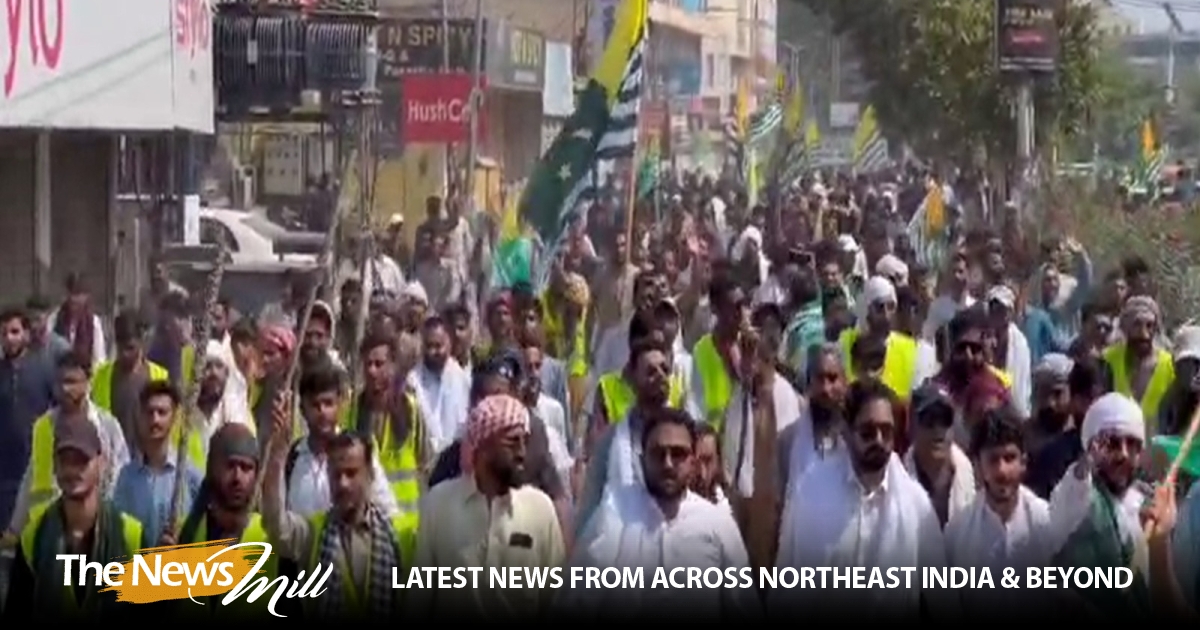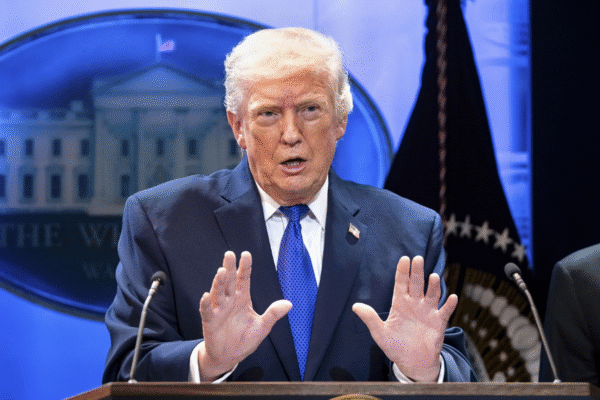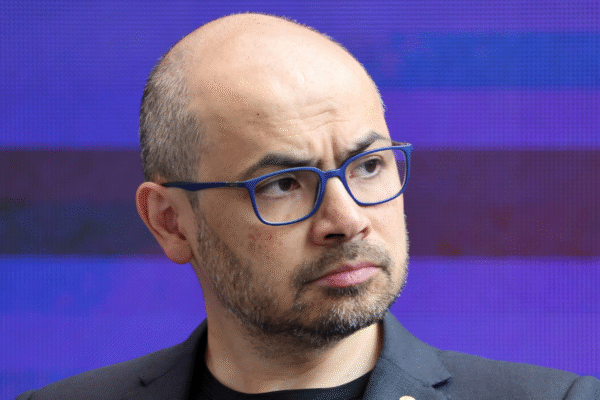

PoK Erupts: India Condemns Pakistan’s Brutal Crackdown
New Delhi, Oct 3 — The recent PoK unrest has brought renewed attention to Pakistan’s oppressive actions in the region, with India strongly condemning the brutal crackdown. The streets of Muzaffarabad, the capital of Pakistan-occupied Kashmir (PoK), are on fire—figuratively and literally. Days of massive protests have shaken the region as thousands of residents rally against skyrocketing electricity bills, food shortages, and chronic neglect. But what began as an economic outcry has now transformed into a full-blown political awakening.
As Pakistani forces responded with live ammunition, tear gas, and arrests, India issued a scathing condemnation. Calling the crackdown “a horrific violation of human rights.
India’s Ministry of External Affairs didn’t mince words. “This is the natural consequence of Pakistan’s decades-long colonial approach to a land it illegally occupies,” said the official statement. “The people of PoK are rising against oppression, and their voices must be heard.”
From Price Hikes to Political Storm: What’s Fueling the Unrest in PoK
Root cause of PoK unrest lies a deep and growing resentment. Residents are furious over paying steep tariffs for electricity that is generated from their own rivers. While parts of Punjab and Sindh enjoy subsidies, PoK villages often suffer from prolonged blackouts and inflated bills. Basic food items have become unaffordable, fuel is scarce, and the roads remain potholed despite years of promises from Islamabad.
Earlier this week, demonstrators marched through Muzaffarabad holding banners that read “We want justice” and “Stop stealing our resources.” According to local activists, Pakistani authorities opened fire on peaceful protesters, resulting in several injuries and at least six deaths, though official numbers remain unclear.
India’s Response: Rights, Resources, and Rhetoric
India has always maintained that Pakistan-occupied Kashmir is an integral part of its territory. But this time, New Delhi’s stance has gone beyond sovereignty. The Indian government is now positioning itself as a voice for the voiceless in PoK.
“This isn’t about politics anymore. This is about people — their rights, their land, their lives,” said a senior Indian official, in response to the crackdown. “Pakistan is plundering the region while its people suffer.”
In a powerful diplomatic signal, India also highlighted the contrast between Indian-administered Jammu & Kashmir and PoK. Over the past few years, the Indian government has ramped up development, launched infrastructure projects, and promised economic revival in its part of Kashmir. The message is clear: “Compare the two sides of the Line of Control and decide for yourself who is delivering results.”
Indian Defence Minister Rajnath Singh even went a step further, stating that “People in PoK want to join India”because they see progress and stability across the border. He cited reports of Pakistani flags being taken down during the protests, calling it a sign of shifting loyalties.
What Do PoK Residents Really Want? The Voices Within
Beyond government statements and media headlines, the voices emerging from PoK are growing louder — and more desperate. Many locals say they feel like second-class citizens in a country that uses their land but gives little in return.
“I don’t care if it’s Pakistan or India,” one protester told, “We just want our basic rights. We want someone to listen.”
A 2017 survey indicated that a significant majority of PoK residents identified more as Kashmiris than as Pakistanis.
Why Is Pakistan Reacting This Way? And What’s in It for India?
Pakistan’s harsh response may reflect more than just panic—it may reveal a crisis of control. With its economy in shambles, rising inflation, and mounting political instability, the Pakistani state can ill afford a separatist movement in one of its most sensitive regions.
PoK is also economically important to Pakistan. The region is rich in water resources, minerals, and strategic trade routes. It’s no surprise that Pakistan wants to maintain a tight grip on it — even at the cost of violent suppression.
India’s Response to PoK Unrest and Pakistan’s Actions sees an opportunity. By highlighting Islamabad’s failures and amplifying PoK voices, New Delhi strengthens its long-standing territorial claim while simultaneously scoring moral and diplomatic points. Domestically, this approach bolsters nationalist sentiment and reinforces the idea that India—not Pakistan—is the rightful guardian of Kashmir’s future.
But there’s more to it than politics. With the world slowly beginning to take notice — and with social media breaking through borders — India likely believes that standing up for the people of PoK is both morally right and strategically smart.
The Silence is Breaking
For decades, PoK has remained in the shadows — its people caught between two countries, two claims, and very little say of their own. Today, their voices are rising. The protests have shown that anger in PoK is not manufactured, and it’s not just about prices. It’s about power — or the lack of it.
Whether these protests will lead to meaningful change is uncertain. But one thing is clear: the silence that surrounded Pakistan-occupied Kashmir is finally breaking — and neither Islamabad nor New Delhi can afford to ignore it any longer.

Prabha Gupta is a veteran journalist and civic thinker dedicated to the constitutional ideals of dignity and institutional ethics. With over thirty years of experience in public communication, her work serves as a bridge between India’s civil society and its democratic institutions. She is a prominent voice on the evolution of Indian citizenship, advocating for a national discourse rooted in integrity and the empowerment of the common citizen









